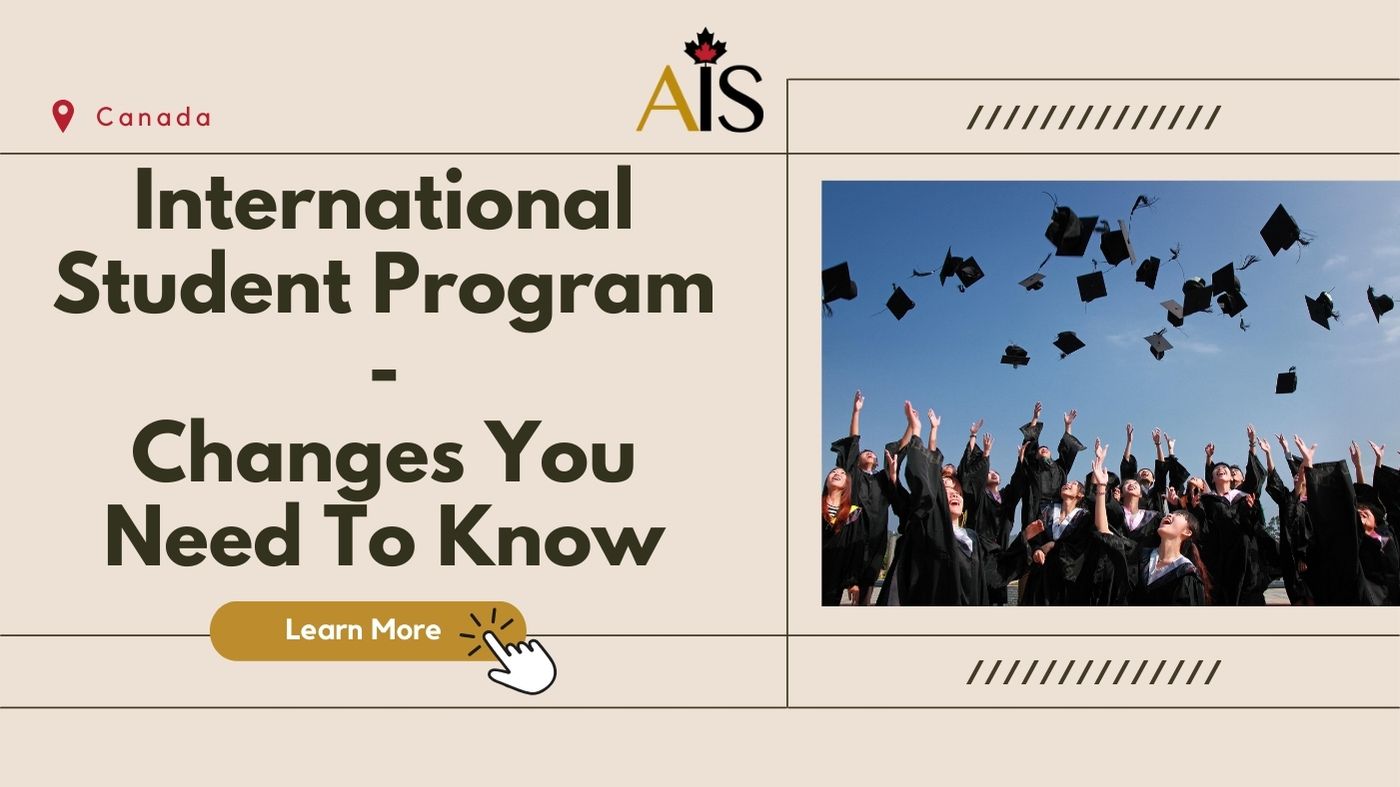Navigating Success: Strategies for International Students in a Changing Canadian Landscape
As international students, embarking on a journey to study in Canada is not just about academic pursuits; it’s about navigating a complex web of immigration policies and regulations. With Revised International Student Policy in Canada to the International Student Program, staying informed and prepared is more crucial than ever.
Additional information about International Student Program was released by IRCC on February 5, 2024.
We have gathered the highlights from this release –
Revised International Student Policy
Implementation of Cap and Provincial Attestation Letter (PAL)
Commencing from 8:30 a.m. ET on January 22, 2024, most new international students pursuing post-secondary education at the college or undergraduate level are required to include a Provincial Attestation Letter (PAL).
The PAL serves as confirmation that the student has been included in a provincial or territorial allocation within the national cap
Immigration, Refugees, and Citizenship Canada (IRCC) will return any application lacking a PAL, except in cases of exemption.
Who doesn’t need a provincial attestation letter?
- Primary and secondary school students
- Master’s or doctoral degree students
- Visiting or exchange students
- In-Canada study permit and work permit holders (including those applying for extensions)
- In-Canada family members of study permit or work permit holders
- Students with applications received before 8:30 a.m. ET on January 22, 2024.

Update on Post-Graduation Work Permit (PGWP) for Master’s Degree Graduates
Recognizing the potential of master’s degree graduates to contribute to Canada’s labor market and pursue permanent residence, a change has been made to extend the length of the PGWP.
Starting February 15, 2024, graduates from master’s degree programs shorter than two years will be eligible for a 3-year PGWP, provided they meet all other eligibility criteria.
PGWP lengths for programs other than master’s degrees will remain aligned with the duration of the study program, up to a maximum of 3 years.

PGWP Eligibility for Public-Private Partnership College Programs
The eligibility criteria for the Post-Graduation Work Permit (PGWP) in Canada has been a subject of scrutiny, particularly concerning programs offered through public-private partnerships between public colleges and affiliated private colleges. These partnerships involve public colleges licensing their curriculum to private colleges, which then deliver the education and support services. However, there have been concerns raised regarding the quality of education and support services provided within these arrangements. Critics argue that the standards may not be consistent across all institutions, potentially compromising the academic experience and outcomes for international students.
In response to these concerns, the Immigration, Refugees, and Citizenship Canada (IRCC) has taken measures to address potential issues by limiting PGWP eligibility for programs offered through such public-private partnerships. The rationale behind this move is to mitigate the perceived risks associated with varying quality standards and to potentially curb the enrollment of international students in these programs.
Under the new regulations, current international students who are already enrolled in these programs will maintain their eligibility for the PGWP, provided they fulfill all other requirements. This decision ensures that existing students are not unduly penalized due to changes in eligibility criteria. However, new students who intend to enroll in these programs will no longer be eligible for the PGWP upon completion of their studies. This restriction aims to discourage new international students from choosing these programs, potentially incentivizing them to opt for programs offered directly by public institutions or other recognized entities.
Overall, these changes in PGWP eligibility reflect the government’s commitment to upholding standards of quality education and protecting the interests of international students in Canada. By implementing stricter criteria for PGWP eligibility in public-private partnership college programs, IRCC aims to maintain the integrity of the Canadian education system and enhance the overall experience and outcomes for international students.
Changes to Open Work Permit Eligibility for Spouses
The forthcoming updates to open work permit eligibility for spouses and common-law partners of international students signal a shift in focus towards individuals accompanying students enrolled in higher education programs. Specifically, eligibility for open work permits will be narrowed down to spouses and common-law partners of students enrolled in graduate (master’s and doctorate) and professional degree-granting programs exclusively. This adjustment reflects a recognition of the potential contributions and support these partners can provide to students pursuing advanced degrees, acknowledging the typically longer duration and higher level of commitment associated with graduate and professional degree programs.
Under the revised regulations, spouses and common-law partners of students enrolled in undergraduate and college-level programs will no longer be eligible for an open work permit under this stream, unless they already possess one. This change signifies a departure from the previous more inclusive approach, where partners of students at various educational levels could apply for open work permits. By limiting eligibility to higher education programs, the government aims to align open work permit opportunities more closely with the objectives of attracting and retaining individuals who can contribute to Canada’s knowledge-based economy and innovation sectors.
It’s worth noting that individuals who are already holding open work permits under the previous regulations will be able to extend their permits under this stream, ensuring continuity for those already benefitting from this opportunity. Overall, these adjustments reflect a targeted approach to open work permit eligibility, prioritizing support for partners of graduate and professional degree students while also recognizing the changing landscape of international student demographics and the evolving needs of the Canadian labour market.

In conclusion, the recent updates to Canada’s International Student Program highlight the ever-evolving landscape that international students must navigate. From the implementation of Provincial Attestation Letters to changes in Post-Graduation Work Permit eligibility and adjustments to open work permits for spouses, staying informed is paramount for success in Canadian academia and beyond. Amidst these changes, support from trusted immigration consultancies like Adventure Immigration can be invaluable. As experts in Canadian immigration, we specialize in guiding international students through the complexities of the Canadian immigration system, ensuring a smoother transition and brighter future in Canada. Embracing these changes with the right guidance can turn challenges into opportunities for growth and achievement.


